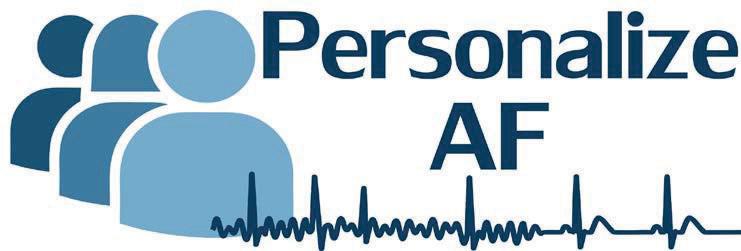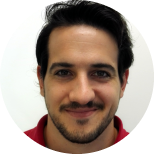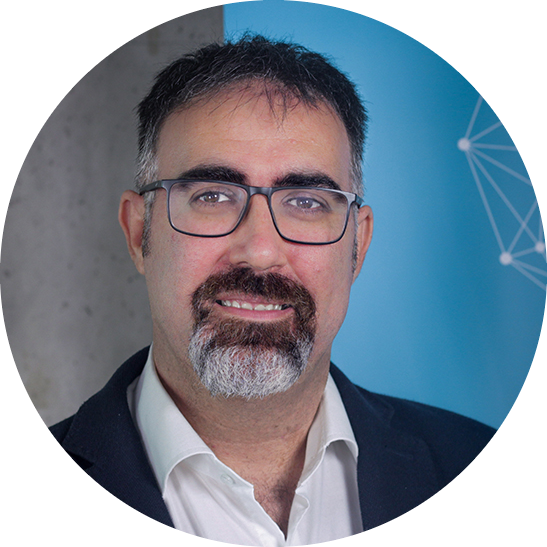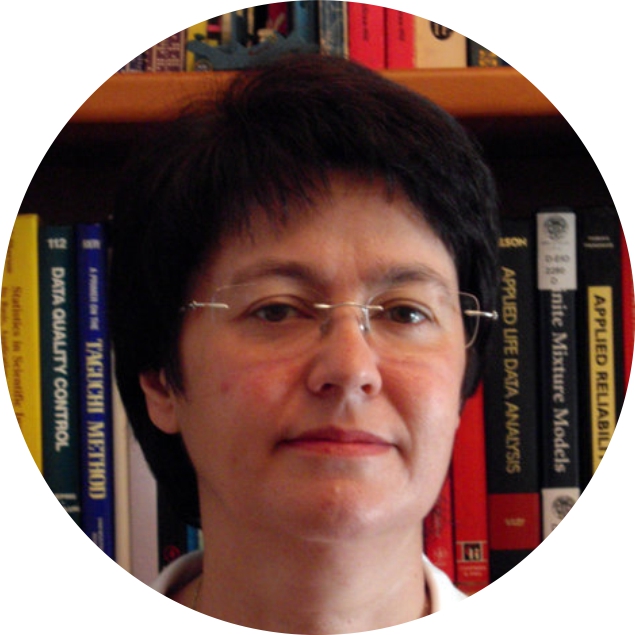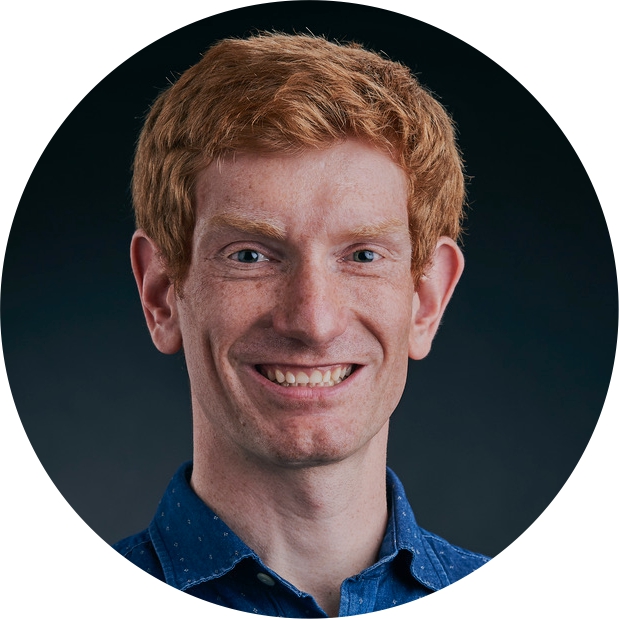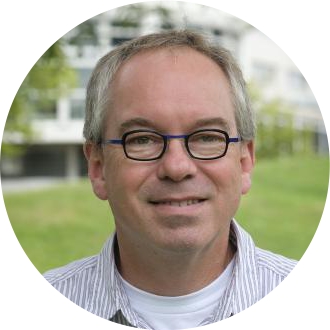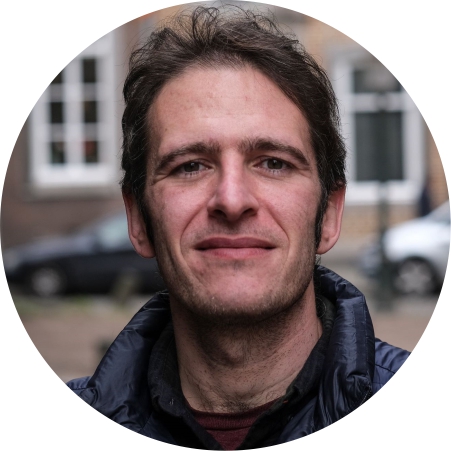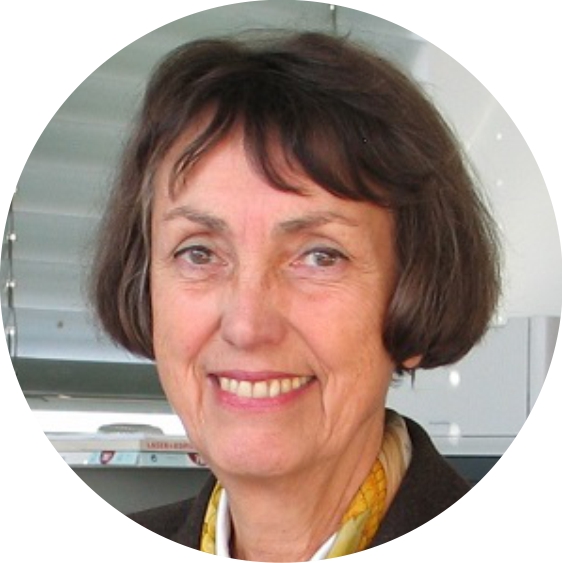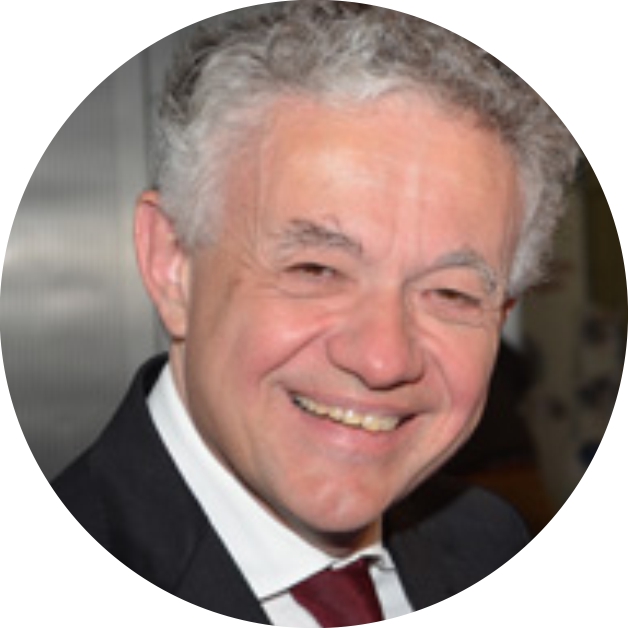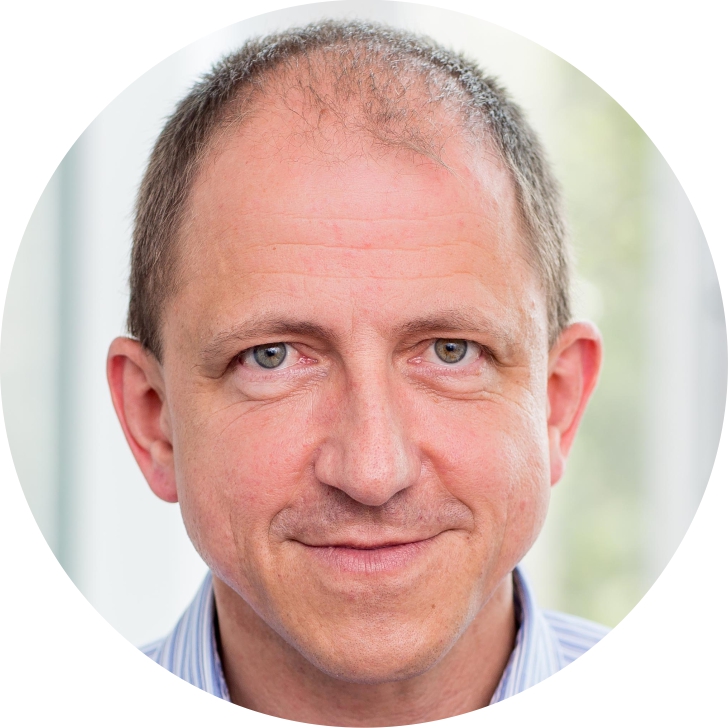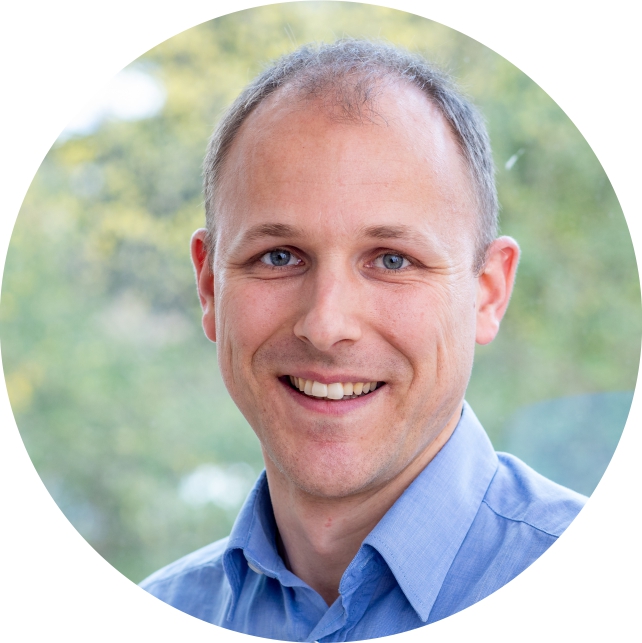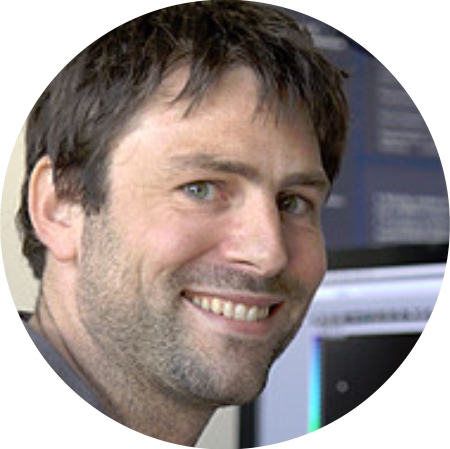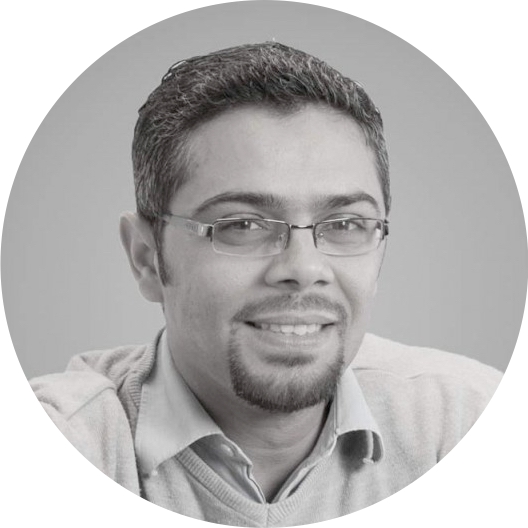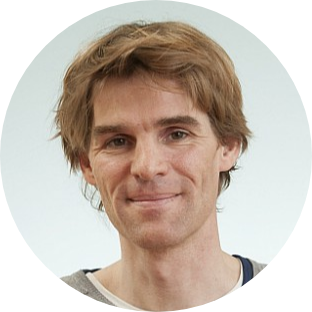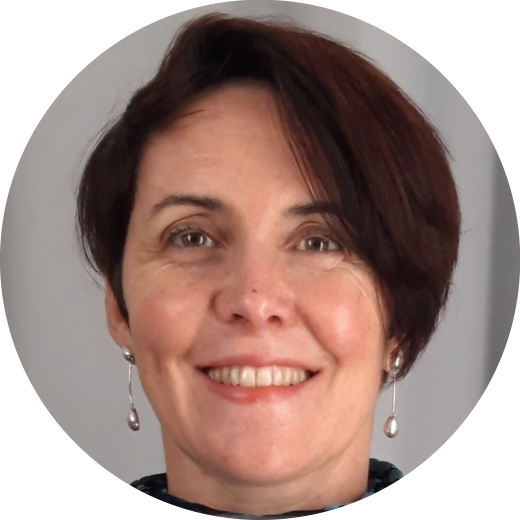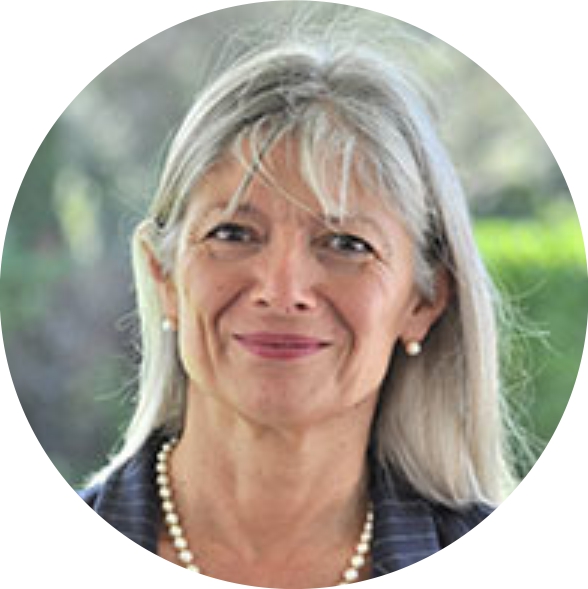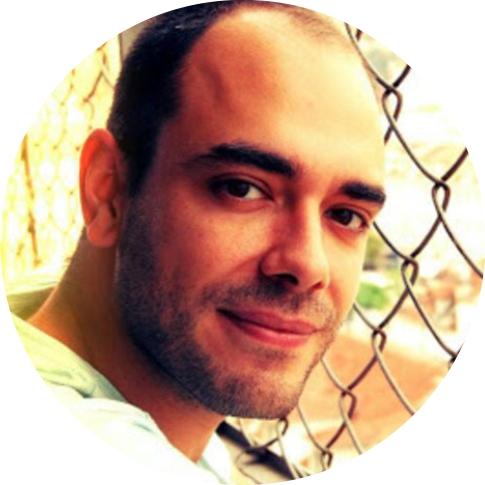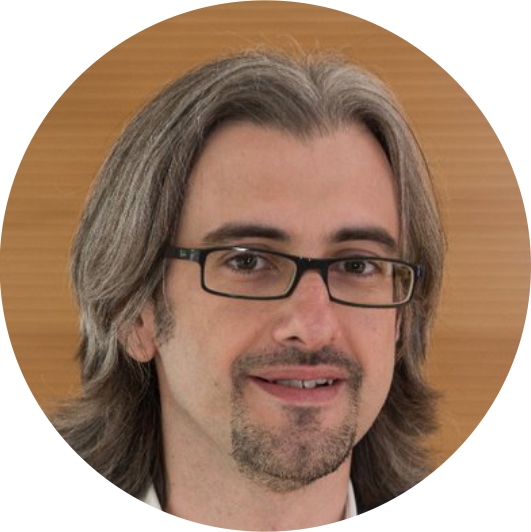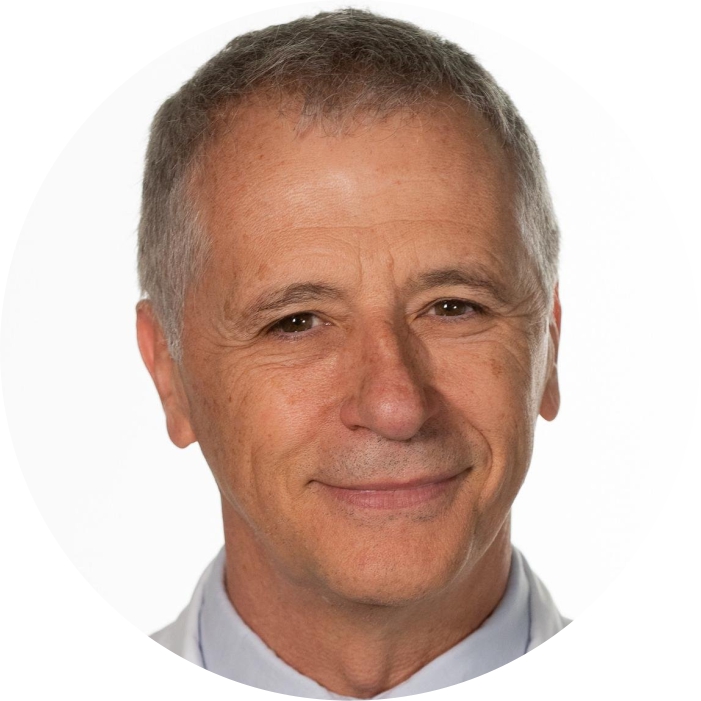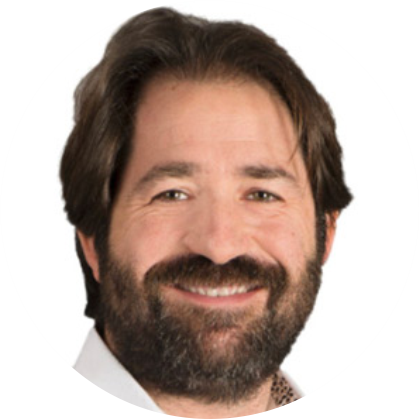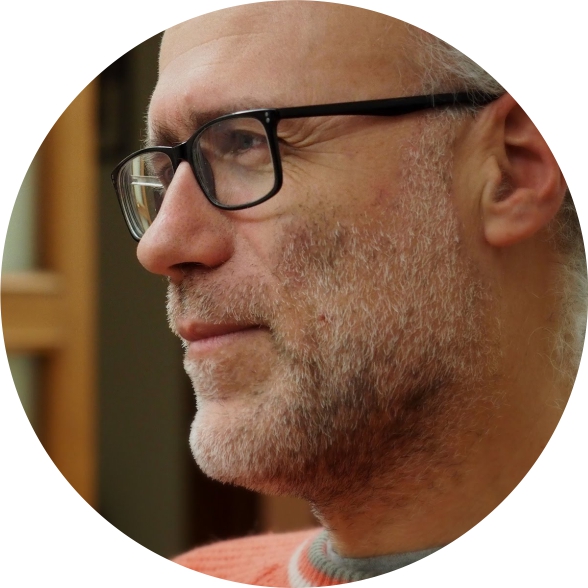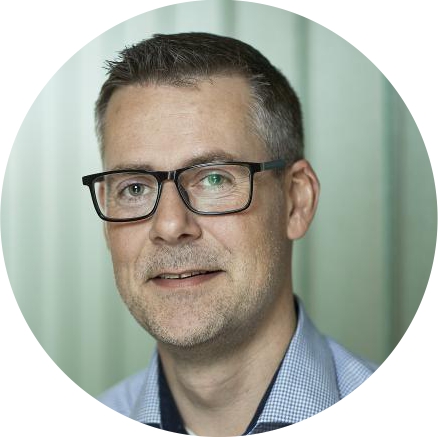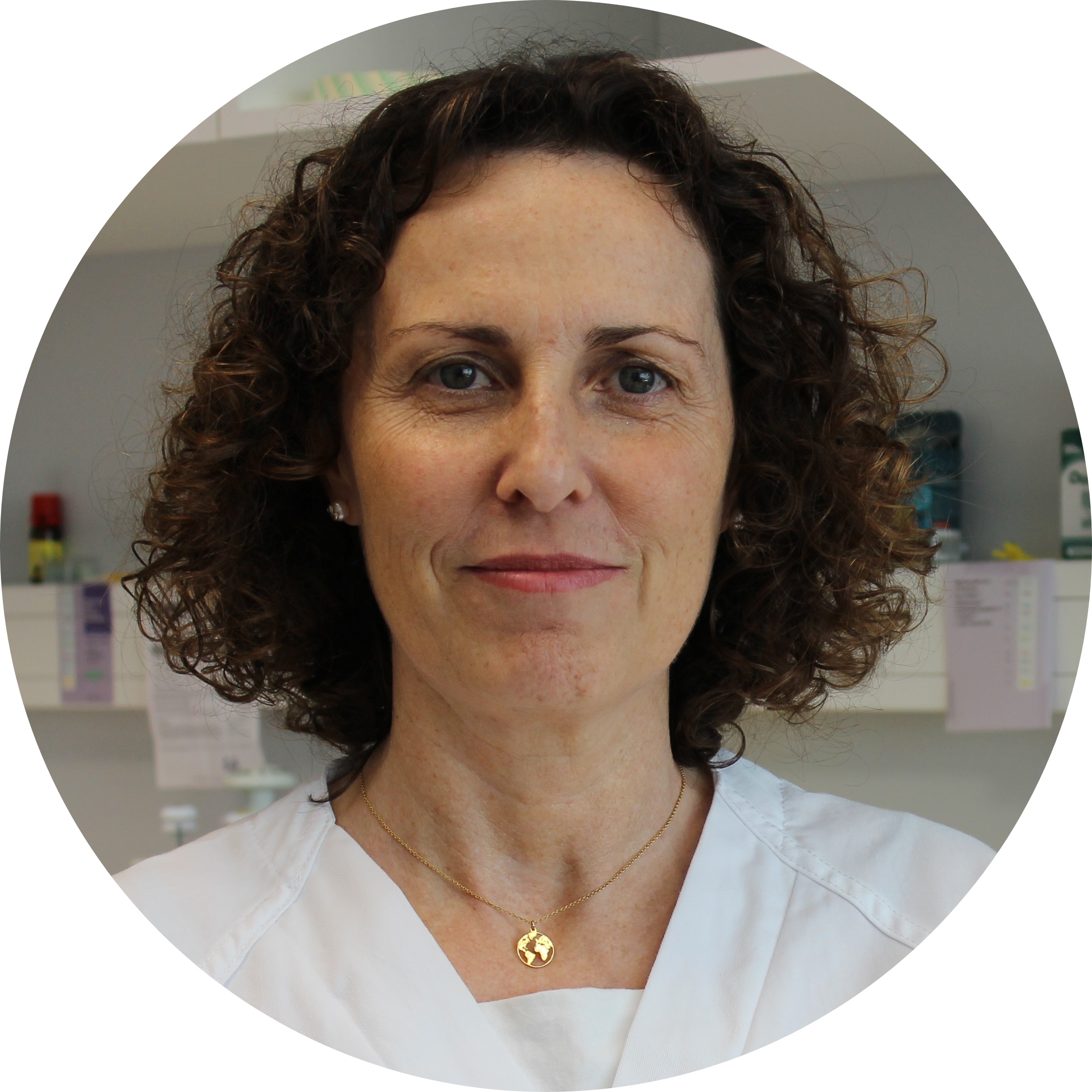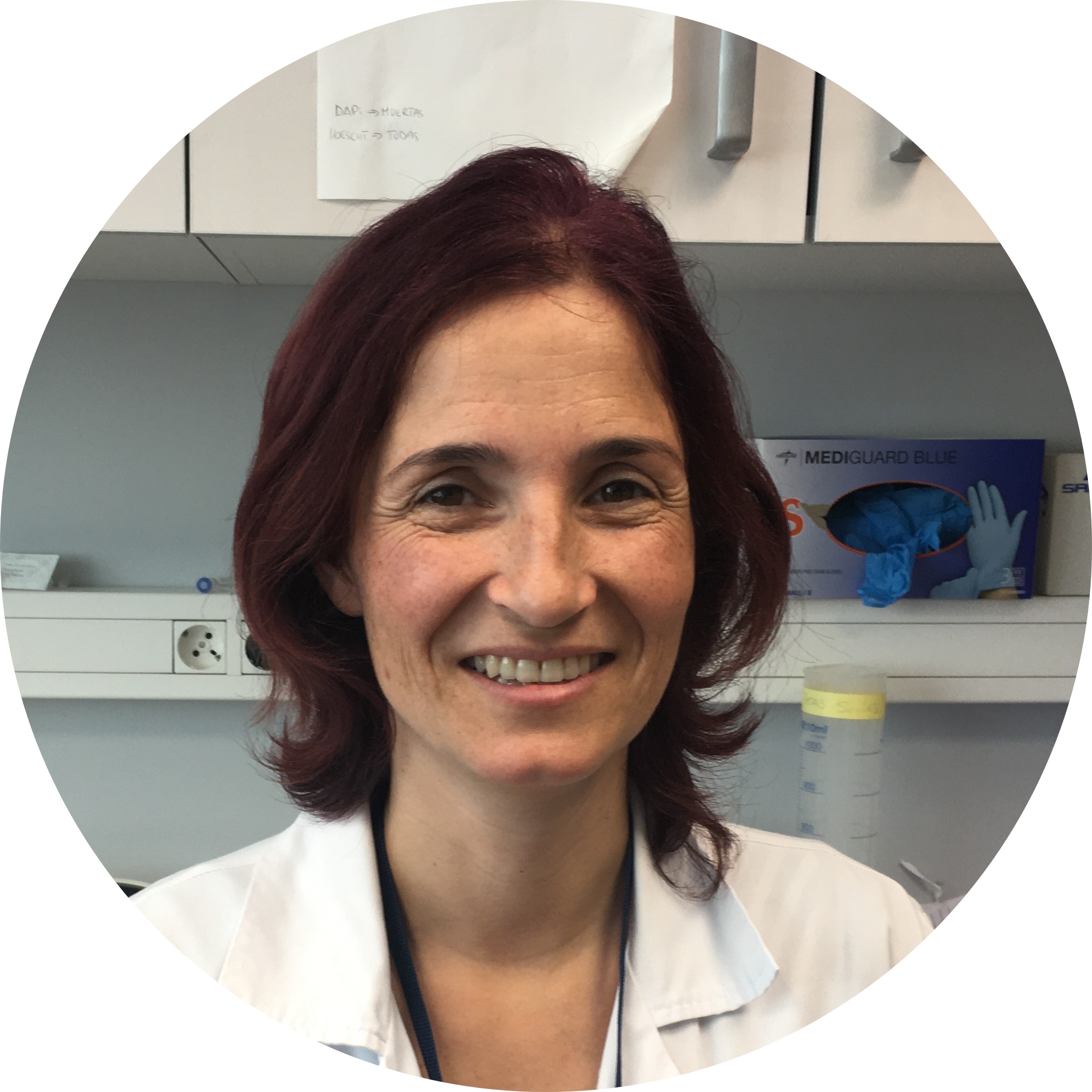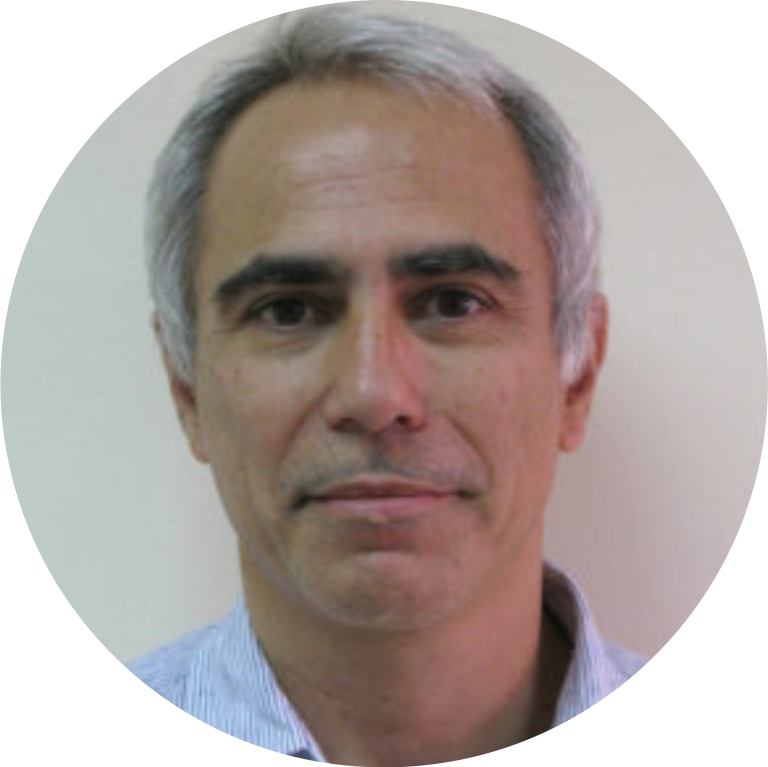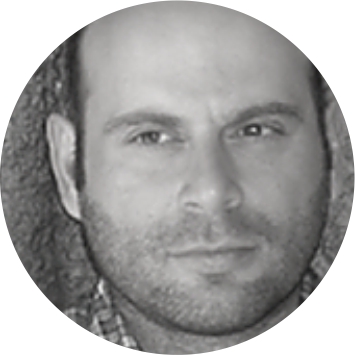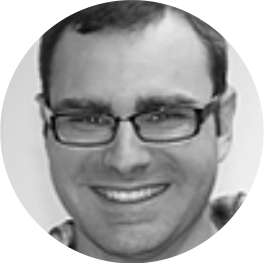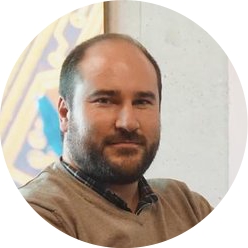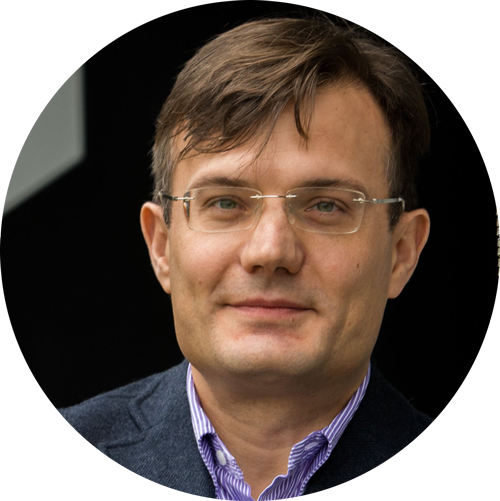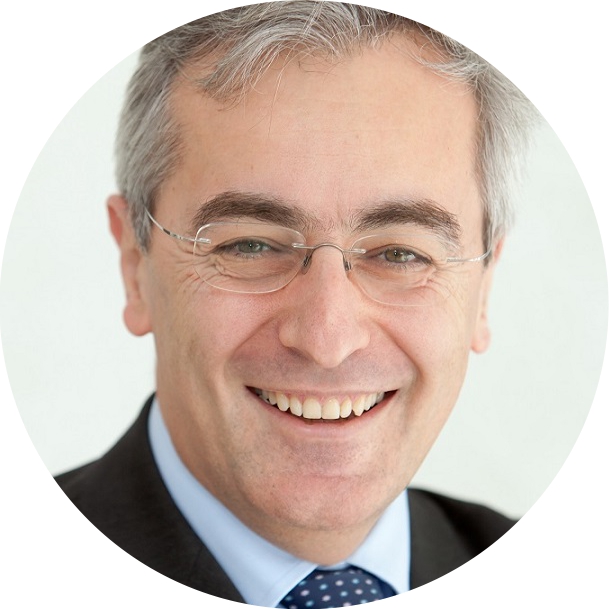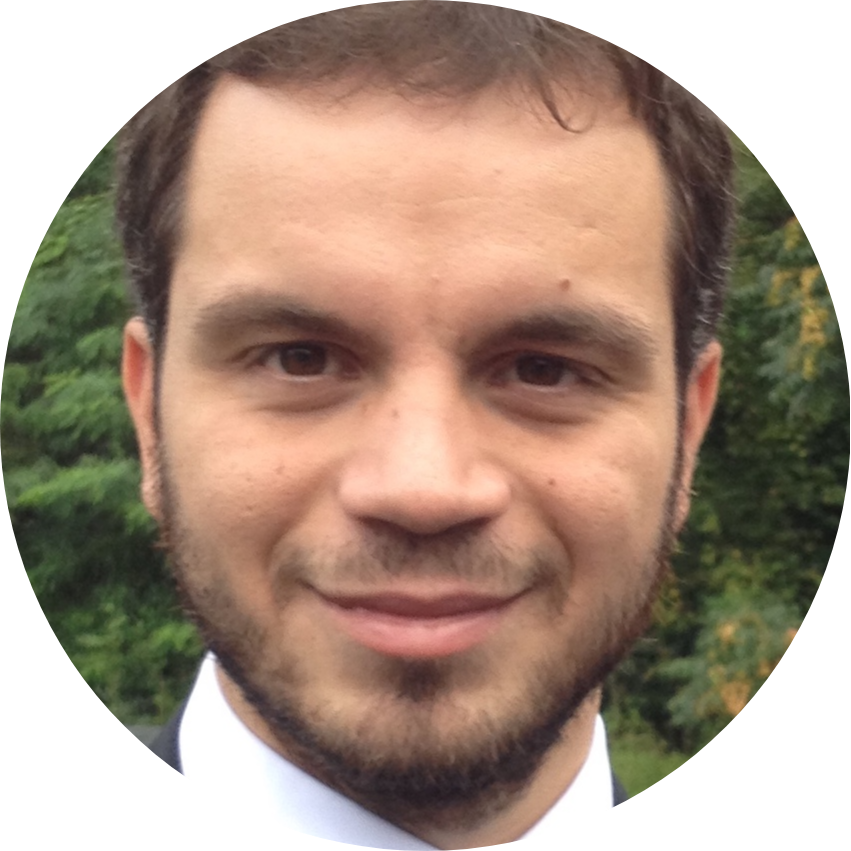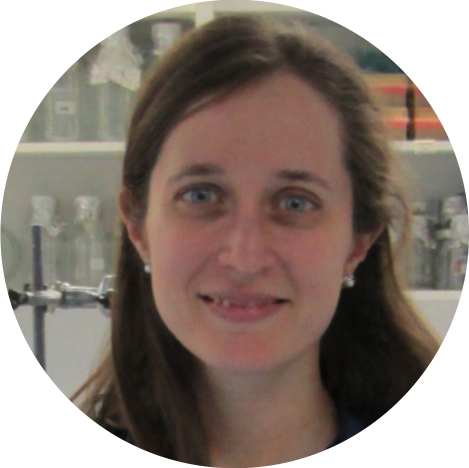
María S Guillem
Dr. Maria S. Guillem, Master’s in Biomedical Engineering (Northwestern University, NU, 2006) and PhD in Electronics Engineering (Universitat Politècnica de València, UPV, 2009) is the Deputy Director of ITACA Research Institute at UPV and head of the Cardiac Oriented Research Laboratory.
She was a Fulbright fellow at NU and currently is an Associate Professor at the Electronics Engineering Department at UPV. Dr. Guillem is co-author of 40 international scientific research papers, more than 100 conference papers, 3 patents, and has participated in 40 national/international research projects, 7 of them as PI. Her research interests include the development of medical instrumentation and signal processing for the diagnosis and treatment of cardiac diseases. She participates in the Executive Board of the Consortium for Electrocardiographic imaging and the Board of Directors of Computing in Cardiology.
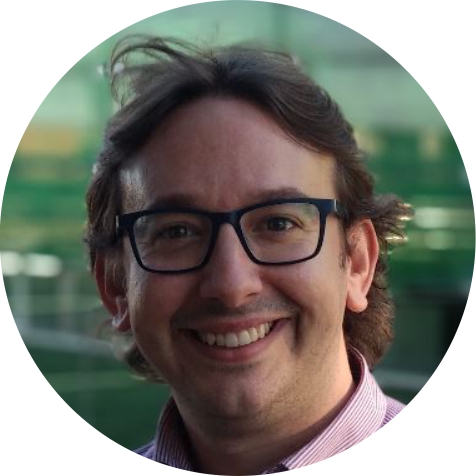
Andreu M Climent
Andreu Climent is “Ramón y Cajal” researcher at Institute ITACA of Universitat Politecnica de Valencia. Dr. Climent background is on electronic engineering, his research is focus on translational cardiology, including arrhythmias and regenerative medicine. Dr. Climent is expert in the development of in-vitro and ex-vivo models for the evaluation of advanced therapies. He is co-author of more than 40 scientific articles in JCR journals, has participated in more than 20 competitive research projects, has directed 3 doctoral theses. In addition, Dr. Climent is co-founder and CEO of CORIFY CARE, a Start-up focus in the development of ECGI technologies.
